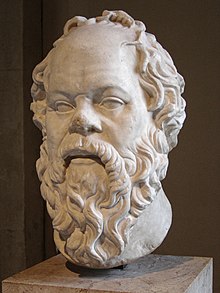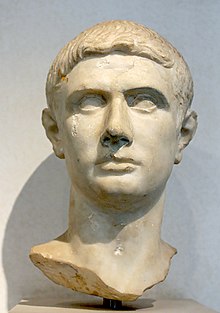“Her head nested in spindly weeds;
beyond them the sky glowed preternaturally blue through the slats. As her
chewing slowed, she noticed a bee crawling along a blade of grass above her
head. She counted its stripes, amazed to see them juxtaposed with the stripes
of sky. The bees were a warning, the sky’s a promise she could not yet fathom,
and for a moment everything seemed connected, aching beauty and imminent
danger, the fragility of the bee and the scalded roof of her mouth, the transcendent
savor of bread and the fact that she was literally lying in a ditch.”
Tess Dombegh
is a problem child, the bad twin and a troublemaker. At least, that’s what her
family would have you believe. When in truth she’s felt overlooked in favour of
her “prettier, kinder” twin and her older half-dragon sister, endured years of
verbal abuse from her mother and was assaulted by someone she trusted.
Suffocated under the weight of familial expectations and forced to accept a
role she doesn’t want, Tess leaves home on the hunt for purpose and adventure.
The story is
decidedly mature with adult themes and situations and though it’s the third
book in the series, readers don’t need to start from the beginning to
understand the story. The world Hartman has built is full and populated with a
plethora of complex characters and memorable personalities. We’re also
introduced to a number of areas due to the distance Tess travels. This is all
held together by rich description and vivid imagery that bring the kingdom of
Goredd and its people to life.
Tess is a
flawed character and a refreshing change from the stereotype of a perfect
protagonist. She’s stubborn, has a temper and holds a grudge. Over the course
of the story we witness her grow and change in relation to her circumstances and
the people surrounding her. And thanks to length of the book, her character development
felt organic and realistic.
One thing
that would have made the story more comprehensive was a map. Without one it made
picturing Tess’ journey difficult. As well there were some spots where scenes
felt compressed or skipped over, such as at the monastery. Expanding these
scenes would have allowed for more character interaction as these settings
sometimes felt rushed through.
If you’re
looking for an engaging story set in a world populated by magic, dragons and
legends I would highly recommend you try this series.

















